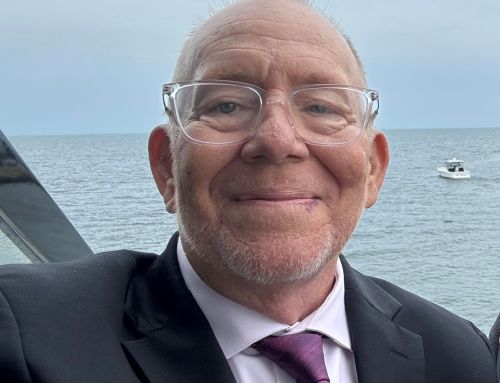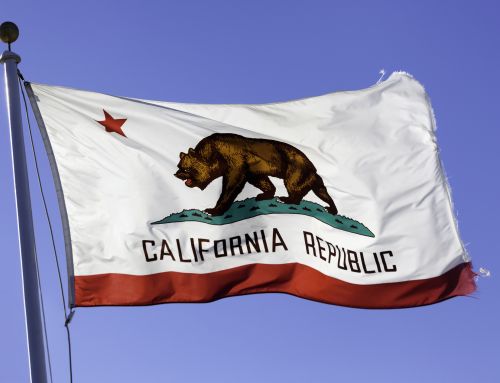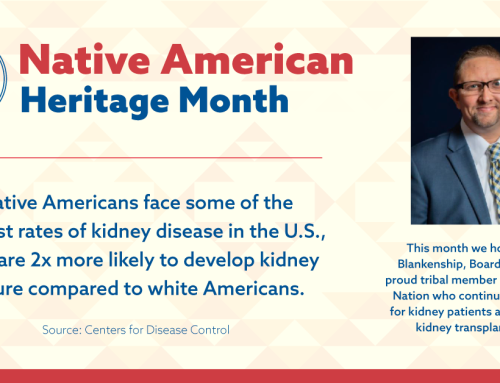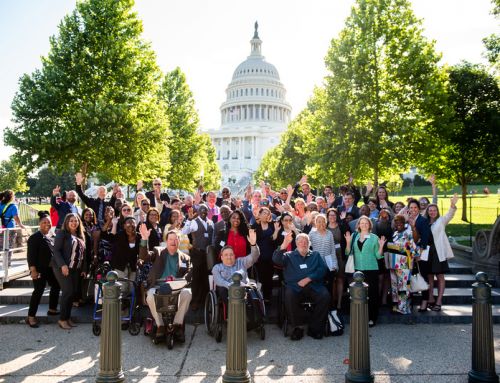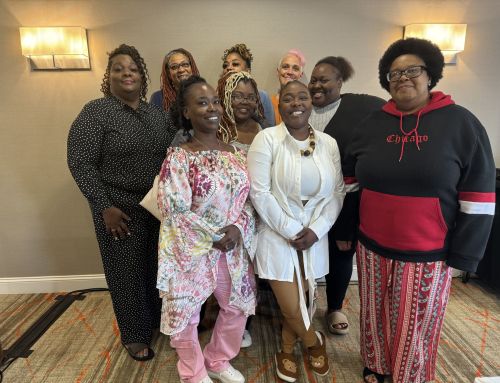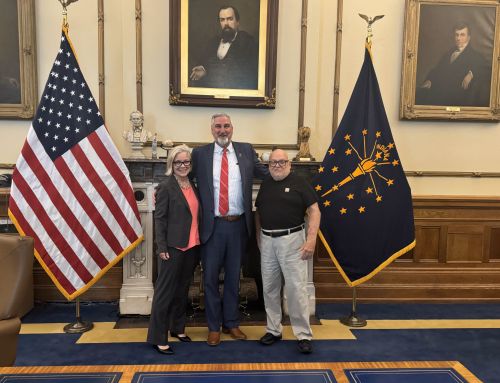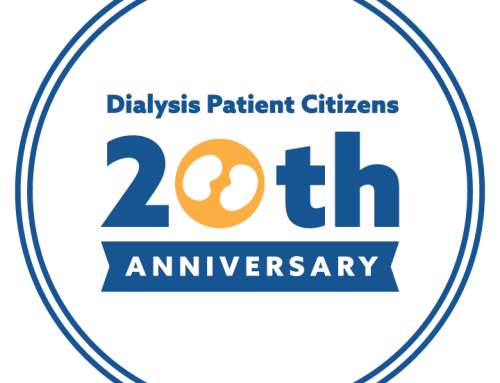Kidney advocates are reacting to an alarming trend in the commercial insurance industry: insurers are increasingly writing language into policy documents that attempt to exclude or limit coverage of renal care. DPC is alerting regulators at both the state and federal levels to the harm these limitations could have on patients and asking them to enforce the numerous laws that prohibit health plans from discriminating against people with ESRD.
Federal law guarantees that ESRD patients may keep their private insurance coverage for up to 30 months before enrolling in Medicare. The law also requires that health plans cannot differentiate between benefits for ESRD patients and benefits for other enrollees. Despite these laws, several insurers in several states are trying to force patients to switch to Medicare before their 30 months of private coverage expires.
Oregon: DPC joined a delegation of kidney groups for a September meeting with Oregon Insurance Commissioner Laura Cali requesting action against two insurers that discriminate against dialysis patients.
Advocates discovered that two health plans filed documents with the commissioner indicating their intention to deny or restrict coverage for dialysis. One plan description states that after three months from the onset of kidney failure, the plan will treat all dialysis therapy as out-of-network, paying providers as if the patient is a Medicare beneficiary, with the patient responsible for balances that “will not apply toward the Out-of-Pocket Maximum.”
Another states that “the Plan will not pay for any part of a covered expense to the extent [it] would have been paid under Medicare had the member properly enrolled in Medicare” and further states that “members with ESRD should enroll in Medicare as soon as possible.”
Commissioner Cali promised to investigate the situation in Oregon.
Federal Essential Health Benefit designations: The Center for Medicaid and Medicare Services recently posted a list of 2016 Essential Health Benefits (EHB) Benchmark Plan plans for each state. The plan descriptions for several states do not clearly state that they provide benefits for ESRD-related treatment during the first 30 months of coverage. DPC sent a comment letter to CMS expressing concern over this issue.
DPC is asking the agency to clarify disparities where one document says dialysis is covered as one of a state’s EHBs while it is not mentioned in another document. Other documents contain vague or confusing information about ESRD care, resembling the Oregon provisions described above. Another request is for CMS to explicitly mention dialysis treatment on their webpage describing EHB Benchmark Plans. DPC will continue to monitor the situation for any further development.








